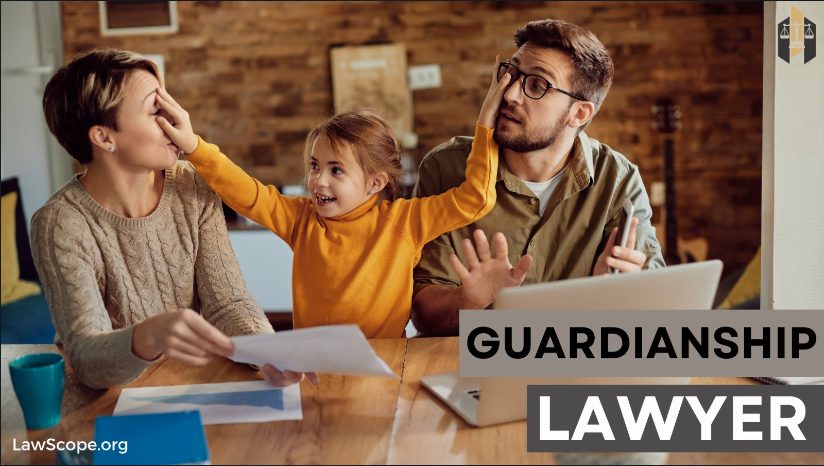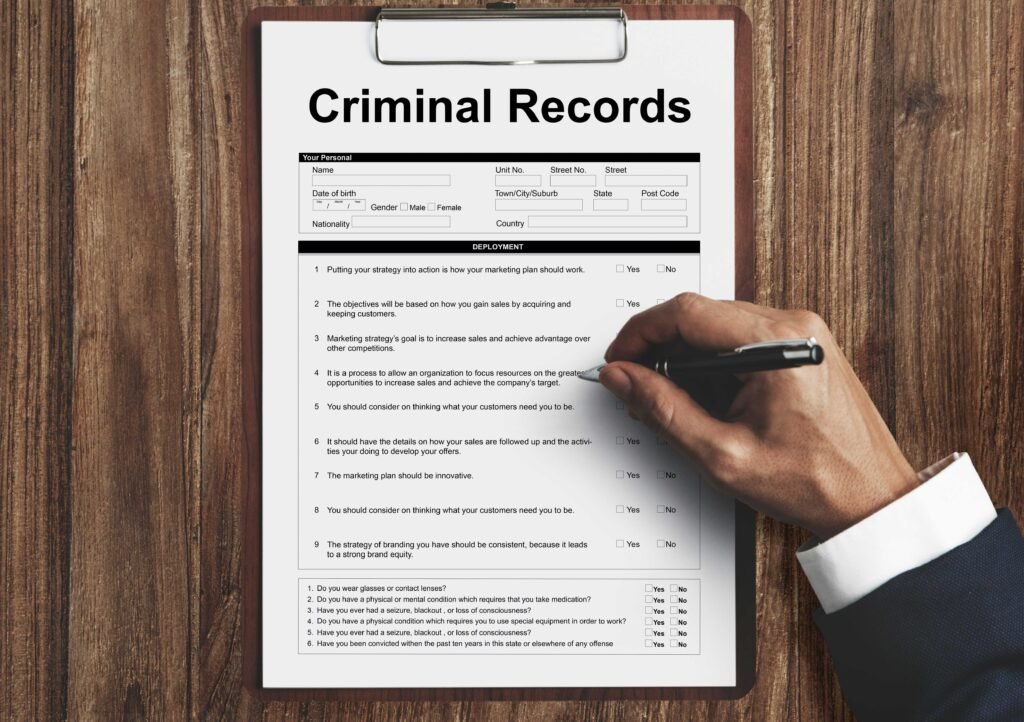
When it comes to making decisions on behalf of someone unable to make them for themselves, guardianship can be a complex legal process that requires specialized knowledge and expertise. Whether you are seeking to establish guardianship for a loved one, contest guardianship, or are facing legal action related to guardianship, navigating guardianship laws can be challenging without the guidance of a legal professional. This is where a guardianship lawyer can be of great help. In this article, we will explore who a guardianship lawyer is, how to become one, and how they can assist you in navigating guardianship laws.
Who is a Guardianship Lawyer?
A guardianship lawyer is a legal professional who specializes in guardianship law. They are trained to provide legal guidance and support to clients who are seeking to establish guardianship for someone unable to make decisions for themselves.
A guardianship lawyer can also represent clients who are seeking to contest guardianship, or who are facing legal action related to guardianship.
In addition to legal expertise, guardianship lawyers should possess excellent communication skills, as they will be required to work closely with their clients, as well as other legal professionals and court officials.
Compassion and empathy are also important qualities for guardianship lawyers to possess, as they will often be working with vulnerable individuals who require specialized care and attention.
How to Become a Guardianship Lawyer?
To become a guardianship lawyer, an individual must first complete a bachelor’s degree in any field of their choice. After obtaining their undergraduate degree, they must then attend law school and earn a Juris Doctor (J.D.) degree.
Once they have completed their legal education, they must pass the bar exam in the state where they intend to practice law. This exam tests an individual’s knowledge of the law and their ability to apply that knowledge in real-world legal scenarios. After passing the bar exam, a lawyer can begin to specialize in a particular area of law, such as guardianship law.
In addition to formal education and licensure, a guardianship lawyer should also have experience working with vulnerable populations, such as seniors, individuals with disabilities, or children. This experience can be gained through volunteer work, internships, or pro bono legal work.
How Can a Guardianship Lawyer Help You?
There are many ways that a guardianship lawyer can assist you in navigating guardianship laws. Some of the most common ways include:
1. Establishing Guardianship:
If you are seeking to establish guardianship for a loved one who is unable to make decisions for themselves, a guardianship lawyer can help guide you through the legal process. They can help you gather the necessary documentation, file the required paperwork with the court, and represent you in court hearings.
2. Contesting Guardianship:
If you believe that someone else’s guardianship over your loved one is not in their best interests, a guardianship lawyer can help you contest the guardianship in court. They can help you gather evidence and present your case in front of a judge, advocating for your loved one’s wishes and needs.
3. Terminating Guardianship:
If you believe that guardianship is no longer necessary or appropriate, a guardianship lawyer can help you petition the court to terminate the guardianship. They can help you demonstrate that the person under guardianship is now able to make decisions for themselves, or that the guardian is no longer able to fulfill their duties.
4. Managing Finances:
In some cases, guardianship may involve managing the finances of the person under guardianship. A guardianship lawyer can help you establish a financial management plan, including budgeting, investing, and distributing funds, to ensure that the person under guardianship is well cared for and financially stable.
5. Resolving Conflicts:
Guardianship arrangements can often lead to conflicts between family members or other parties involved. A guardianship lawyer can help mediate and resolve conflicts that may arise during the guardianship process, ensuring that the best interests of the person under guardianship are always prioritized.
6. Providing Legal Advice:
A guardianship lawyer can provide you with legal advice regarding your rights and responsibilities as a guardian, as well as the rights of the person under guardianship. They can help you navigate complex legal issues, ensuring that you make informed decisions and avoid legal pitfalls.
7. Ensuring Compliance:
Guardianship laws can vary from state to state, and it is essential to ensure that all legal requirements are met to avoid legal complications. A guardianship lawyer can help you understand and comply with all legal requirements, ensuring that your guardianship arrangement is legally valid and recognized.
What are the different types of guardianship?
There are different types of guardianship, and a guardianship lawyer can help you determine which one is appropriate for your situation. Some common types of guardianship include legal guardianship, financial guardianship, and medical guardianship.
Legal guardianship is a court-ordered arrangement where a person is appointed to make legal decisions on behalf of someone unable to make them for themselves, such as a minor child.
Financial guardianship is a court-ordered arrangement where a person is appointed to manage the financial affairs of someone unable to manage them for themselves, such as an elderly person with dementia.
Medical guardianship is a court-ordered arrangement where a person is appointed to make medical decisions on behalf of someone unable to make them for themselves, such as a person with a severe disability.
What Duties does a Guardian Have?
A guardian has certain legal duties and responsibilities to the person under guardianship. Some of these duties include:
- Making decisions in the best interests of the person under guardianship.
- Managing the finances of the person under guardianship.
- Providing care and support to the person under guardianship.
- Ensuring that the person under guardianship has access to appropriate medical care and treatment.
- Keeping accurate records of all financial and legal decisions made on behalf of the person under guardianship.
- Reporting regularly to the court on the status of the guardianship arrangement.
A guardianship lawyer can help you understand your duties and responsibilities as a guardian and ensure that you comply with all legal requirements. They can also help you if you are facing legal action related to guardianship, such as a challenge to your appointment as a guardian or allegations of abuse or neglect.
Conclusion
In conclusion, guardianship can be a complex legal process that requires specialized knowledge and expertise. A guardianship lawyer can provide you with the legal guidance and support you need to navigate guardianship laws, ensuring that the best interests of the person under guardianship are always prioritized.
If you are considering establishing or contesting guardianship, or are facing legal action related to guardianship, it is important to seek the advice of a qualified guardianship lawyer to ensure the best possible outcome.
You May Like Also:


8 thoughts on “Guardianship Lawyer: Legal Guardianship in the USA”